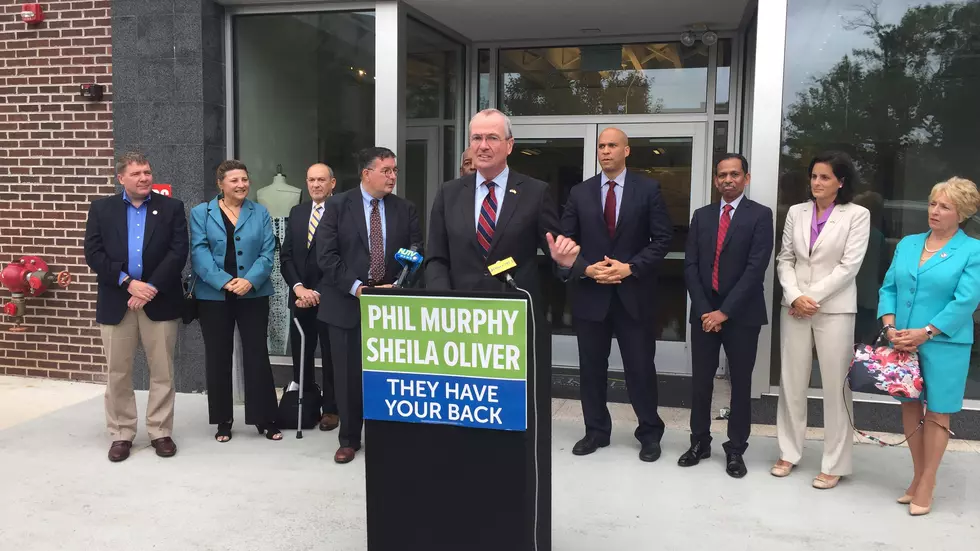
Immigrant Tuition Bill Up for Hearing in NJ
NEW JERSEY 101.5
Gov. Chris Christie, a likely 2016 Republican presidential candidate whose inroads among Hispanics helped him to a landslide re-election victory, could soon be handed an immigration bill that grants in-state tuition to students illegally brought to the U.S. as children.
The legislation is up for a Senate committee hearing on Thursday. A similar bill passed a Democrat-led Assembly panel in June. The proposal would make New Jersey the 13th state granting in-state tuition to students who lack status for legal residence because of illegal immigration.
Though neither house has scheduled final votes, Senate President Stephen Sweeney told The Associated Press a proposal would be delivered to Christie's desk before the Legislature reorganizes in mid-January. There is already speculation over whether the governor would sign it.
Christie, who received 50 percent of the Hispanic vote in the Nov. 5 election, according to an exit poll for The AP and television networks, spent more than $1 million on Hispanic outreach, including a Spanish-language commercial, during the campaign. He increased his share of the Hispanic vote from one-third and his percentage of the black vote by 12 percent from four years ago. Such appeal to minorities would make him a stronger presidential contender should he elect to run.
Conservatives, who play a big role in selecting the Republican presidential nominee, vehemently oppose the "dreamer-style" bill making its way through the New Jersey Legislature.
New Jersey Citizens for Immigration Control president Gayle Kesselman said the measure would bring unwanted competition with legal residents for college openings and jobs and would cost billions. In-state tuition can cut the price of college in half for New Jersey residents.
Opponents also believe that the bill would reward lawbreakers and that only lawful resident students should qualify for resident tuition.
Proponents, like New Jersey Policy Perspective, have lined up civic and church leaders, among others, to testify in favor of the bill. Proponents argue that unauthorized immigrant children had no choice in entering the United States illegally, have grown up in the United States, and can make economic and social contributions if allowed to continue their studies.
The governor seemed to soften his opposition to the bill in a pre-election speech to a prominent Hispanic group that endorsed him.
"We need to get to work in the state legislature on things, like making sure that there's tuition equality for everybody in New Jersey," Christie said in a video of his keynote address, made by the Latino Leadership Alliance. The remarks drew loud applause.
Asked again about his position on the legislation during a press conference in predominantly Hispanic Union City the day after the election, Christie said it would have be a fiscally responsible plan that includes the "dreams of everybody." He again said he hoped a deal could be done during the Legislature's lame duck session.
In states that allow in-state tuition for students brought illegally to the U.S. as children, the tuition is conditioned on graduation from a state high school and a residency requirement of two to three years in the state they are planning to attend college. The student also may be required to sign an affidavit promising to seek legal immigration status.
The Assembly bill deals only with granting the cheaper in-state tuition rate to this group of students. The Senate bill also entitles them to apply for and receive financial aid.
(Copyright 2013 by The Associated Press. All Rights Reserved.)
More From New Jersey 101.5 FM









